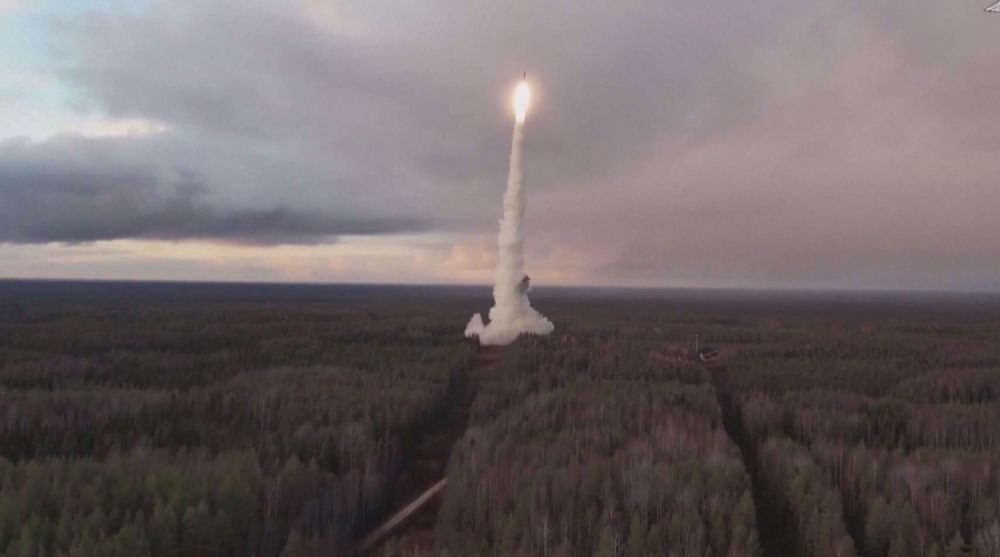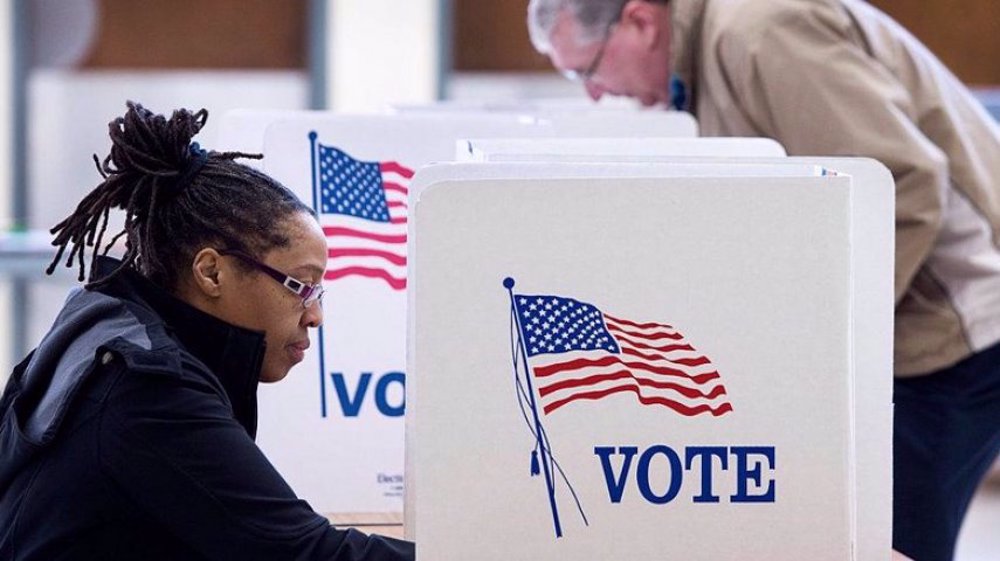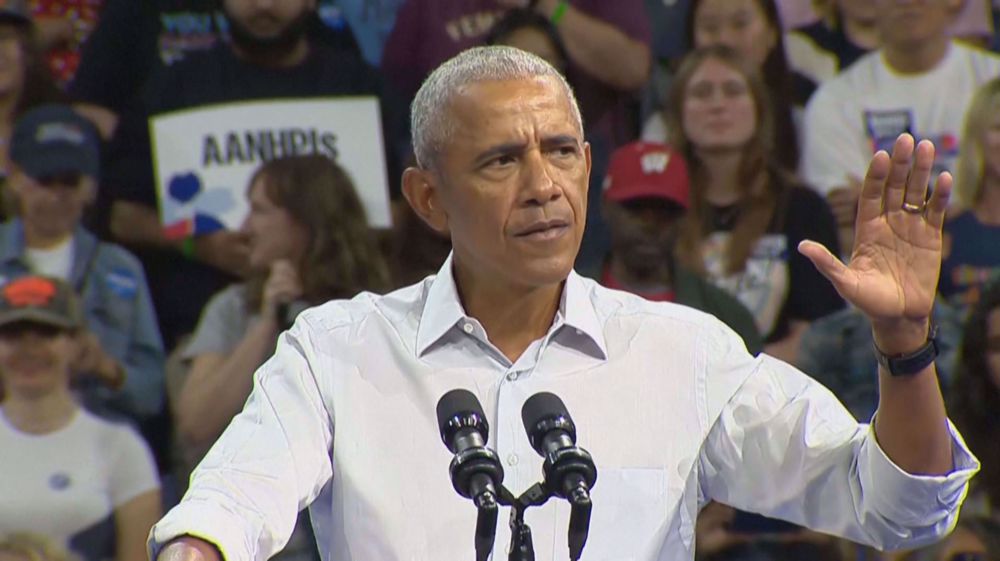Nations agree on global climate pact rules after overcoming impasse
Nearly 200 nations overcame political divisions on Saturday, December 15, to agree on rules for implementing a landmark global climate deal, but critics say it is not ambitious enough to prevent the dangerous effects of global warming.

After two weeks of talks in the Polish city of Katowice, nations finally reached consensus on a more detailed framework for the 2015 Paris Agreement which aims to limit a rise in average world temperatures to "well below" two degrees Celsius (3.6 degrees Fahrenheit) above pre-industrial levels.
After Polish president of the talks Michal Kurtyka struck the gavel to signal agreement had been reached, ministers joined him on the stage, hugging and laughing in signs of relief after the marathon talks.
Before the talks started, many expected that the deal would not be as robust as is needed. The unity which underpinned the Paris talks has fragmented and US President Donald Trump intends to pull his country - one of the world's biggest emitters - out of the pact.
Still, exhausted ministers managed to bridge a series of divides to produce a 156-page rulebook - which is broken down into themes such as how countries will report and monitor their national pledges to curb greenhouse gas emissions and update their emissions plans.
Iran relies on natural gas for nearly 90% of its power production: Expert
US embassy in Beirut blocks Iraq-Lebanon humanitarian air bridge
VIDEO | UK's Starmer targets journalists
Israel plans to displace Palestinians in occupied West Bank: Hamas
Iranian airlines ramp up Istanbul route flights after EU sanctions
British protesters slam UK’s complicity in Gaza genocide on Balfour day
US surgeon haunted by Gaza children with ‘single gunshot wounds to head’
VIDEO | Iran's possible retaliation against Israel









 This makes it easy to access the Press TV website
This makes it easy to access the Press TV website